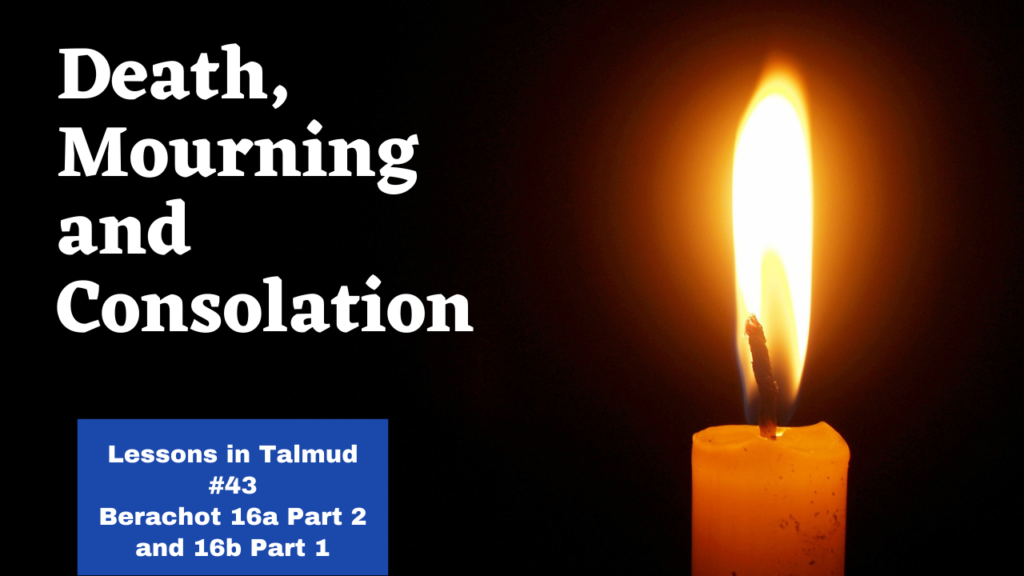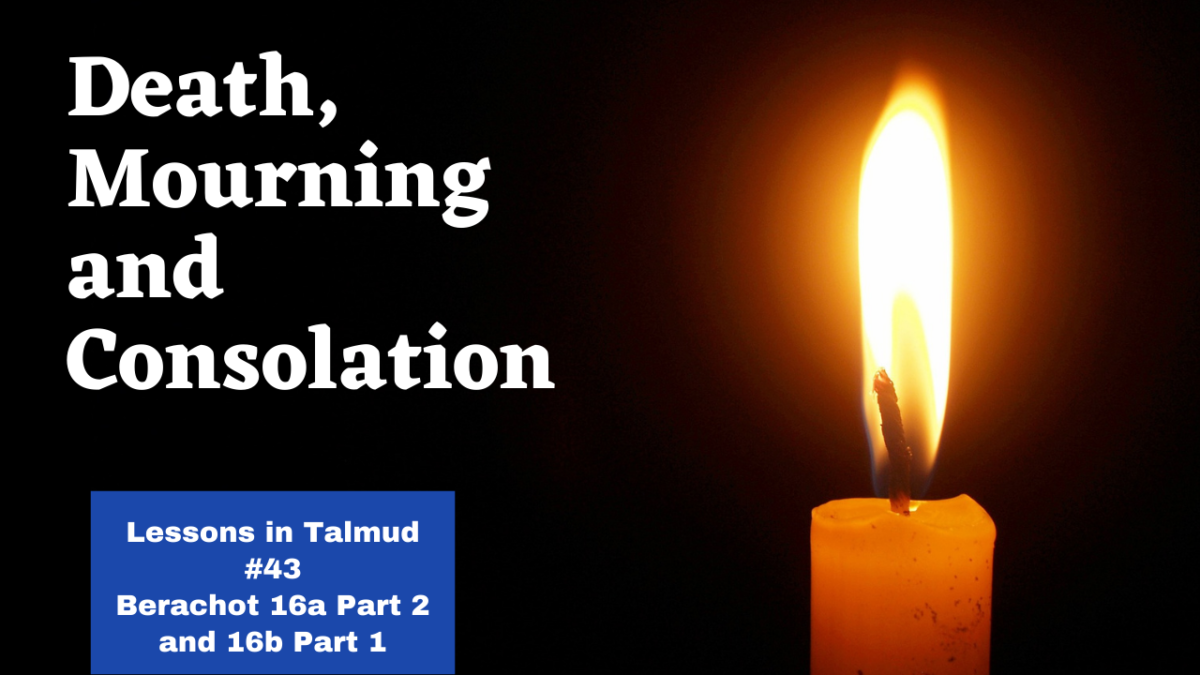
We continue the Mishnah regarding a labourer who must recite the Shema or prayer while atop a tree or on top of a wall (while working there.) Must he descend before praying or can he pray where he is. Perhaps, in fact, he must prayer where he is. What about the homeowner who owns the tree being worked upon or the wall being constructed? And why would he be different in any case?!
The Gemara lets us know that there is even an opinion that speaks about an abbreviated prayer and if one may not prayer in full, perhaps one can pray the abbreviated prayer.
What is the law with regards to recited the Grace After Meals prayer if one works for a boss? May one recite this prayer or is it perhaps infringing on one’s responsibility to give up one’s time for the boss for the salary which he pays? Is there a difference if he is paid money or if he is only paid a meal for his hard day of work?! What about if the boss eats with one? Is that any different?!
The Mishnah had brought a case about a Chatan (a bridegroom) who is exempt from reciting the Keriat Shema on the first night of his marriage (i.e. the wedding night.) The Gemara details this case in more detail and how it learns it out. Is a Chatan who marries a virgin (Betulah) any different in his responsibility to recite the Shema than if he had married a widow? Why?
What really is the main reason why the groom should be exempt in any case? Is it just because he is occupied with distracting thoughts? What then of a person whose ship is sinking? Maybe he too is exempt because he too is preoccupied with other thoughts!
The next Mishnah brings a wonderful story with some meaningful lessons in life for us. Rabban Gamliel washed himself on the night his wife died. But a mourner may not wash then. Why did he wash? What can we learn from this story?
When his servant (slave) Tavi died, he accepted condolences and consolation from others. He was very close to his servant, but his students would have nothing of it. How could it be that he himself taught that we don’t accept condolences for one’s servant, and yet himself did. It sounds like Rabban Gamliel is a hypocrite.
In our new Mishnah, we learn that if a groom so wishes to, he may indeed recite the Keriat Shema on the night of his wedding – but Rabban Shimon ben Gamliel disagrees.
In a contradictory story in this Gemara, we learn the Rabbi Eliezer ran away from his students when his maidservants died – and they came to comfort him offering their condolences.
We conclude today’s learning with a teaching about eulogising servants and maidservants. The Gemara says we don’t – but Rabbi Yosi says that we should if they are “Kosher”.


